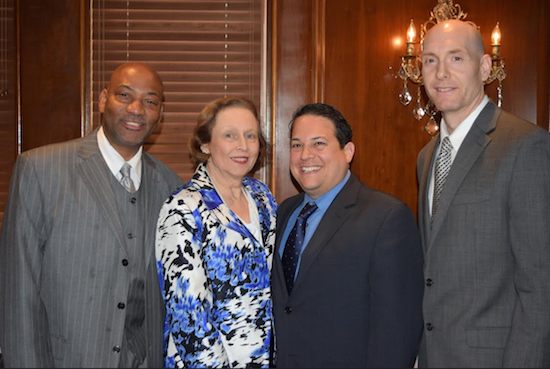County Clerk Nancy Sunshine explains e-filing at Brooklyn Bar CLE session

The Brooklyn Bar Association’s Computer Technology Committee invited Kings County Clerk Nancy T. Sunshine to host a Continuing Legal Education (CLE) seminar called “Litigation Made Simple: E-Filing in Kings County” in Brooklyn Heights on Thursday.
During the hour-long discussion, Sunshine was joined by James Blain and Craig Schatzman from the County Clerk’s Office and Joseph Leddo, a senior court clerk in the Kings County Supreme Court.

Brooklyn Boro
View MoreNew York City’s most populous borough, Brooklyn, is home to nearly 2.6 million residents. If Brooklyn were an independent city it would be the fourth largest city in the United States. While Brooklyn has become the epitome of ‘cool and hip’ in recent years, for those that were born here, raised families here and improved communities over the years, Brooklyn has never been ‘uncool’.